
Iodinated feed reduces stress in steelhead trout
A study at Purdue hypothesized that when provided with iodine, the thyroid would increase the production of thyroid hormones in steelhead trout.
Salmonid farming efficiency and profitability can be increased by improving the ability of fish to incorporate carotenoids from feed into their flesh.

A study at Purdue hypothesized that when provided with iodine, the thyroid would increase the production of thyroid hormones in steelhead trout.
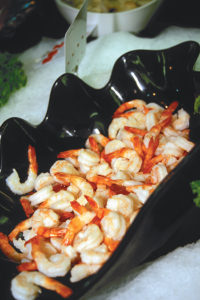
High hydrostatic pressure processing can improve shelf life, quality and safety of seafood products, but microorganisms’ responses vary significantly.
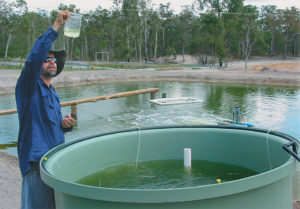
The development of inland prawn farming using low-salinity groundwater may allow Australia’s prawn farmers to expand beyond the coastal fringe.
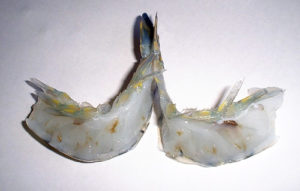
Idiopathic muscle necrosis or IMN causes “brown muscle syndrome” in black tiger prawns in Thailand, as well as other penaeid shrimp.
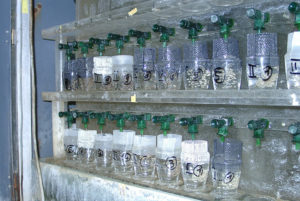
Environmental factors can influence the sex ratios of fishes, and this knowledge could be useful to develop all-male Nile tilapia stocks without hormones.
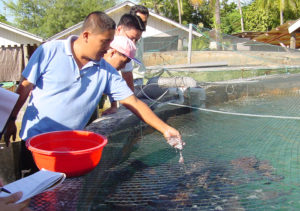
A regional workshop in Malaysia was the starting point for an initiative to promote cooperation in marine fish aquaculture in the Asia-Pacific region.
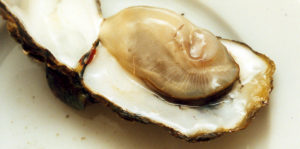
High hydrostatic pressure processing, which got its start over a century ago, is finally reaching the point where it can be commercially applied on a large scale.
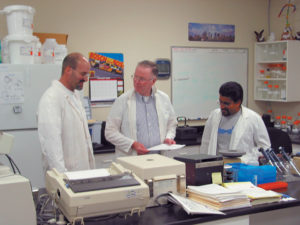
It is important for any breeding program that founding populations be large enough to incorporate the diversity of the wild animals.
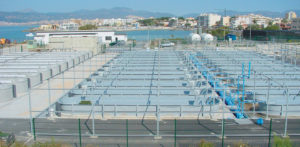
The requirement for a year-round egg supply demanded the establishment of more sophisticated broodstock holding facilities, with both light and temperature control.
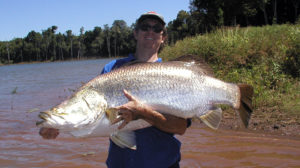
Classical selective breeding may be the most effective and appropriate method to genetically improve marine fish aquaculture.
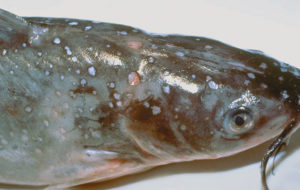
Sensitive detection of enteric septicemia is important to the successful development of a selective-breeding program for ESC resistance.
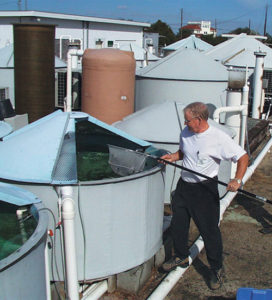
Progress in developing aquaculture methods for black sea bass is related to the concurrent study of culture requirements for the growout or “ongrowing” of captive wild stock.
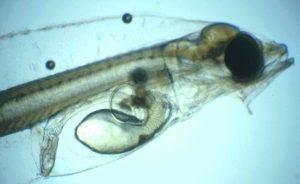
Article briefly describes the structure of family-based selective breeding and identifies areas where developments in genetics and related fields may increase efficiency.
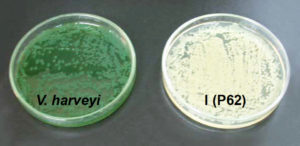
The use of probiotic bacteria and immunostimulants are promising yet controversial methods to prevent and manage infectious shrimp diseases.
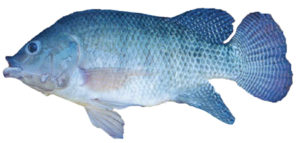
Cottonseed meal is less expensive than soybean meal, and studies have explored whether it can be incorporated in fish diets without affecting growth performance.